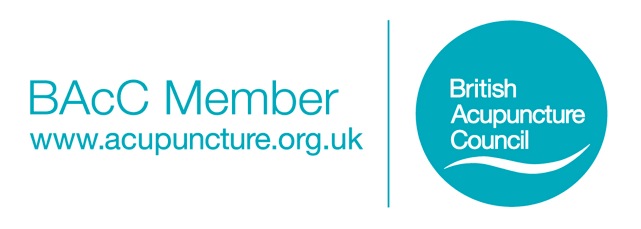This study set out to show that Tai Chi would augment the treatment of depression in a population aged 60+ with the drug Escitalopram, which is a selective serotonin reuptake inhibitor (SSRI).
Complementary use of a mind–body exercise, such as Tai Chi, may provide additional improvements of clinical outcomes in the pharmacologic treatment of geriatric depression.
This, on the face of it, is an interesting piece of work by the University of of California, Los Angeles (UCLA) as the experiment sets out to compare Tai Chi (TC) against Health Education (HE), which I interpreted to mean some form of age appropriate physical education, such as hill walking or swimming. Reading though the report my heart began to sink a little as HE turned out to be:
The HE protocol served as an active control for nonspecific treatment elements such as attention and group support that pose rival explanations for the effectiveness of TC. Similar to the TC group, participants assigned to HE were informed that this was an intervention for “depression in older adults,” which served to balance expectations for the TC and HE interventions. The rationale for this intervention is that education about depression, stress, sleep, and health-related issues will play a central role in helping patients with depression understand and self-manage their mood symptoms and the factors affecting their mood (e.g., stress). The trained study staff implemented HE by using a manual that presented educational information and described learning objectives and patient activities to promote an integration of the material. The HE sessions were held once a week for 120 minutes over the 10-week treatment period and followed a didactic format, with lectures on key topics, followed by focused group discussion and post-discussion self-help quizzes to assess patient learning. This novel use of a non-exercise control intervention, which matches the exercise intervention in duration, frequency, and social contact, represents an important methodological advance.
To summarise one group in this trial got to do Tai Chi the other group got to go to a 2 hour lecture about health every week. If the study designers think that comparing Tai Chi to going to a lecture is a good placebo control then they have failed to understand Tai Chi and its practice.
In the study authors defence they are trying to differentiate between Tai Chi and something else and they may be aware that walking for 30 minutes a day may also improve response levels to anti-depressant drugs and that may not help them show up a difference.
However from my point of view exercises like walking and swimming are excellent forms of Qi Gong (as the breathing is regulated and the mind is focused on one task) and all that is missing is the more esoteric visualisation associated with Tai Chi and Qi Gong. I personally use these during my running and hill walking and it becomes a very good form of Qi Gong, but that is another article altogether.
On the plus side this is another good piece of work showing that Tai Chi is a good exercise to help with Depression, I would have preferred the study to have used Tai Chi on its own versus normal treatment but we can’t have everything can we.
In my experience the practice of Tai Chi and/or Qi Gong every day for 30 minutes will server to improve your physical and mental well being regardless of your age and I would urge anyone to take up Tai Chi to maintain health.
Tai Chi and Qi Gong classes are on:
Monday 7pm to 8pm
Friday 11am to 12 noon
Hope Centre
Hampden Road
Sale
M33 7UB




